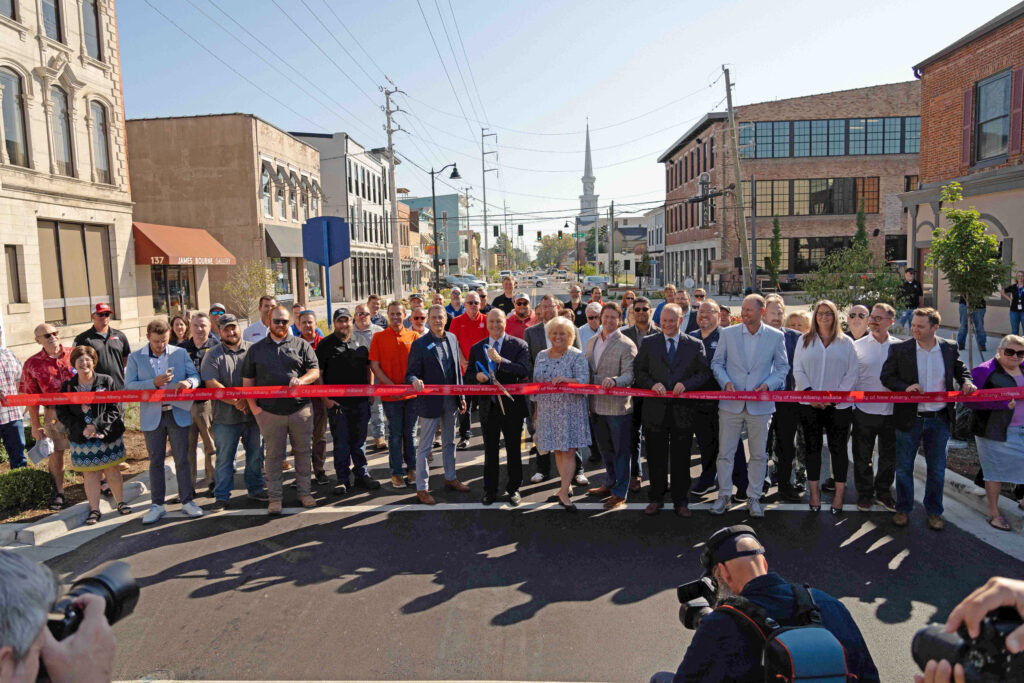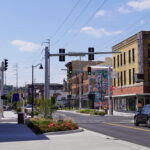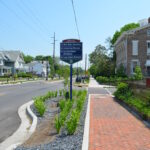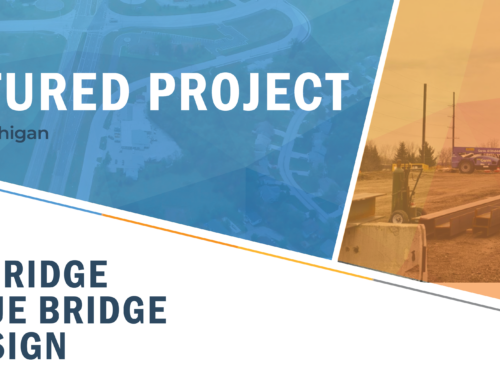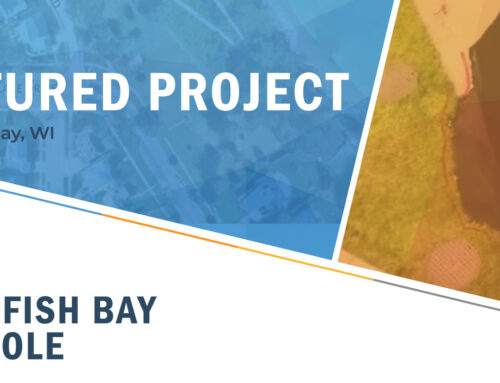Construction oversight is critical to the success of infrastructure projects, especially in dynamic and high-visibility locations like downtown areas. Projects involving streetscapes, utilities, and pedestrian amenities demand careful attention to detail, clear communication, and proactive management to ensure quality, safety, and adherence to budget and schedule. Avoiding common mistakes during construction oversight can help municipalities deliver projects that meet both functional and community expectations.
1) Underestimating the Complexities of Multi-Discipline Coordination
Downtown reconstruction projects often involve multiple disciplines—utility installations, paving, ADA compliance, lighting, and landscaping—all of which must align seamlessly. Overlooking the complexities of coordinating these efforts can result in missed deadlines or rework.
How to Avoid It:
Ensure preconstruction meetings are thorough and include all key stakeholders. Establishing a master schedule that accounts for potential conflicts between trades, such as sanitary sewer installation and streetscape elements, helps avoid delays. An experienced oversight team can proactively identify and resolve potential challenges.
2) Allowing Gaps in Communication Between Stakeholders
Reconstruction in bustling areas requires constant collaboration among contractors, engineers, municipal staff, and residents. Miscommunication can lead to scheduling issues, compliance oversights, or even community dissatisfaction if disruptions aren’t communicated clearly.
How to Avoid It:
Assign a clear point of contact for all communication, ensuring stakeholders know exactly where to turn for updates or decisions. Weekly updates, shared progress reports, and regular public communication can help build trust and minimize disruptions for businesses and residents.
3) Neglecting Proactive Quality Control on Complex Installations
With projects that integrate diverse elements such as storm sewer systems, pavers, lighting, and ADA-compliant curb ramps, quality control can’t be an afterthought. Municipalities often face setbacks when inspections are reactive instead of integrated into daily operations.
How to Avoid It:
Incorporate quality control into daily inspection routines and maintain detailed documentation of all installations. For elements like ADA curb ramps and lighting, ensure compliance with regulatory standards and specifications before moving to subsequent phases. Partnering with a team skilled in diverse urban infrastructure elements can prevent costly revisions later.
4) Underestimating the Impact of Change Orders
In downtown projects, unexpected challenges—such as unmarked utilities, unforeseen site conditions, or stakeholder input—can lead to change orders. If handled poorly, these changes can cause budget overruns or jeopardize the project timeline.
How to Avoid It:
Plan for contingencies by including adequate budgetary and scheduling buffers in the project plan. Require detailed documentation for all change order requests and ensure they are reviewed promptly. Oversight teams experienced with urban projects can help municipalities quickly assess the feasibility and impact of changes.
5) Overlooking Close-Out Documentation and Post-Construction Details
As downtown projects near completion, there’s often a rush to wrap up, leading municipalities to compress the close-out phase. Missing as-built documentation, punch list items, or final inspections can compromise long-term project success.
How to Avoid It:
Develop a detailed close-out checklist early in the project and revisit it throughout construction. Document as-built conditions, verify all contractual obligations, and address any outstanding punch list items before project acceptance. Ensuring long-term maintenance plans and warranties are well-documented sets the project up for sustained success.
Delivering High-Impact Urban Infrastructure
Reconstructing streets in active urban centers like downtown districts is a rewarding yet complex endeavor. By addressing these common pitfalls, municipalities can ensure projects are completed on time, on budget, and to the satisfaction of the community. Construction oversight is not just about compliance and schedules; it’s about creating infrastructure that enhances daily life while standing the test of time.
At Clark Dietz, we bring decades of experience in construction oversight, urban infrastructure, and multi-discipline coordination. We understand the unique challenges of downtown projects and are passionate about delivering solutions that blend technical excellence with community-focused outcomes. Together, we can build better streetscapes, foster economic vitality, and create spaces that residents and visitors will enjoy for generations to come.
